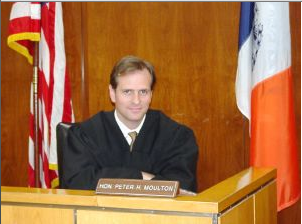City wrapped in another “Freedom Of Information” litigation, must pay $49K for withholding information

A Manhattan judge has ruled that the New York City Police Department failed to comply with a duly-filed Freedom of Information Law (FOIL) request by wrongfully withholding information requested by a non-profit organization. He ordered the city to pay over $49,000 in legal fees.
The Exoneration Initiative sought information on Richard Rosario, an inmate incarcerated since 1996, when he was convicted of a murder he claims he did not commit. To further its investigation, Exoneration Initiative filed a FOIL request on the NYPD, seeking documents related to Rosario’s case. The NYPD, on numerous occasions, failed to respond to the FOIL requests in a timely manner.
The city argued that the NYPD receives approximately 8,000 FOIL requests a year, and that those requests take time to process. For Acting Manhattan Supreme Court Justice Peter Moulton, this argument was a faulty one.
